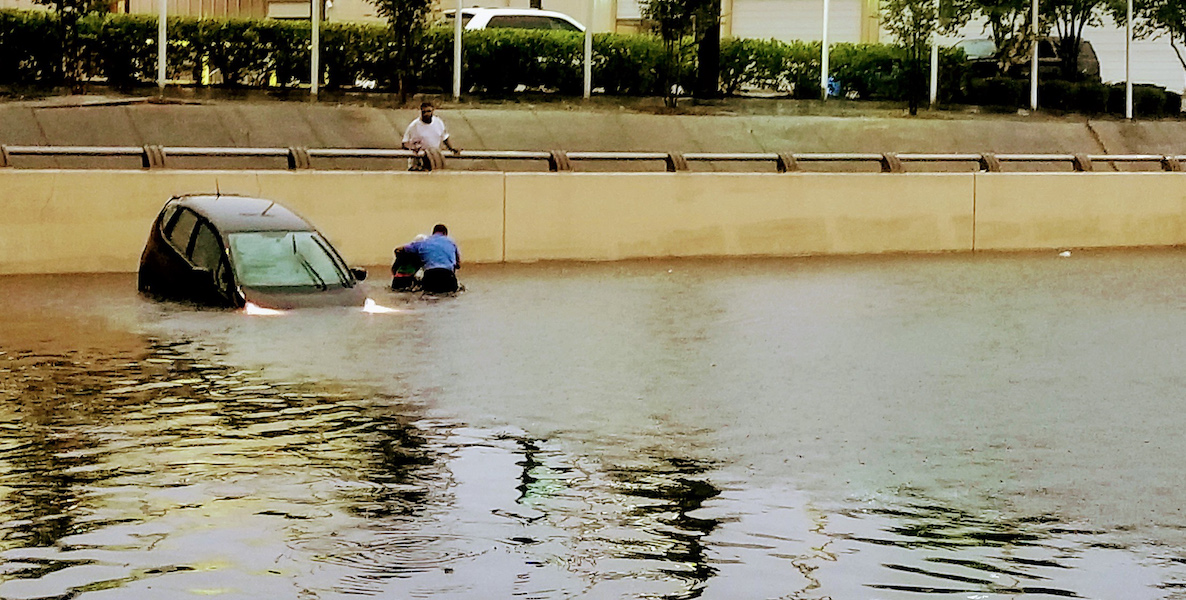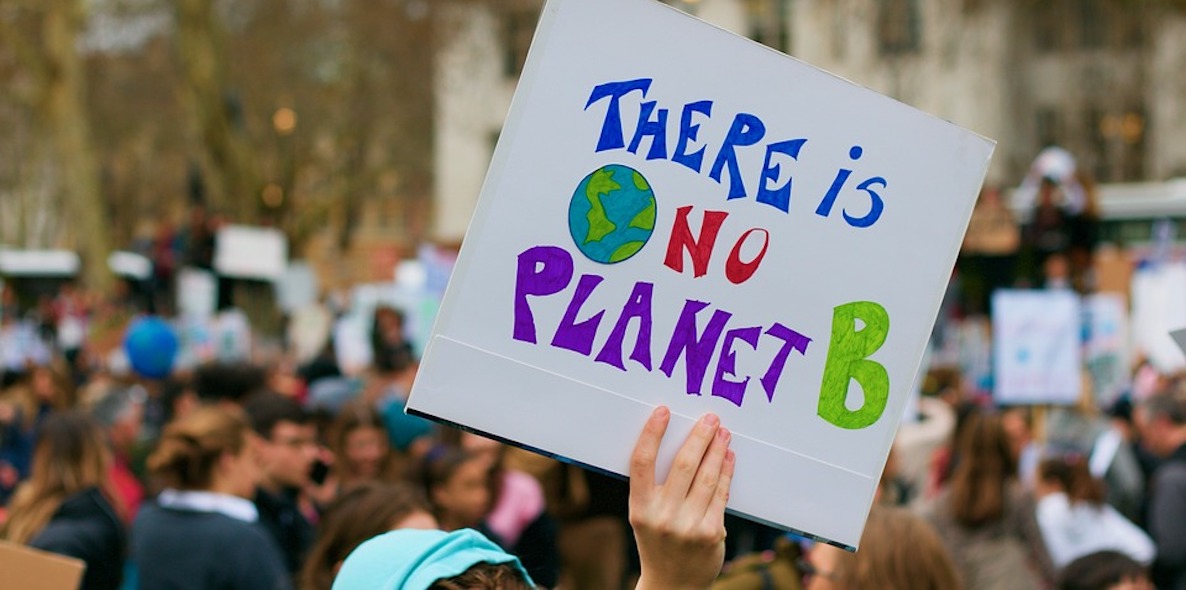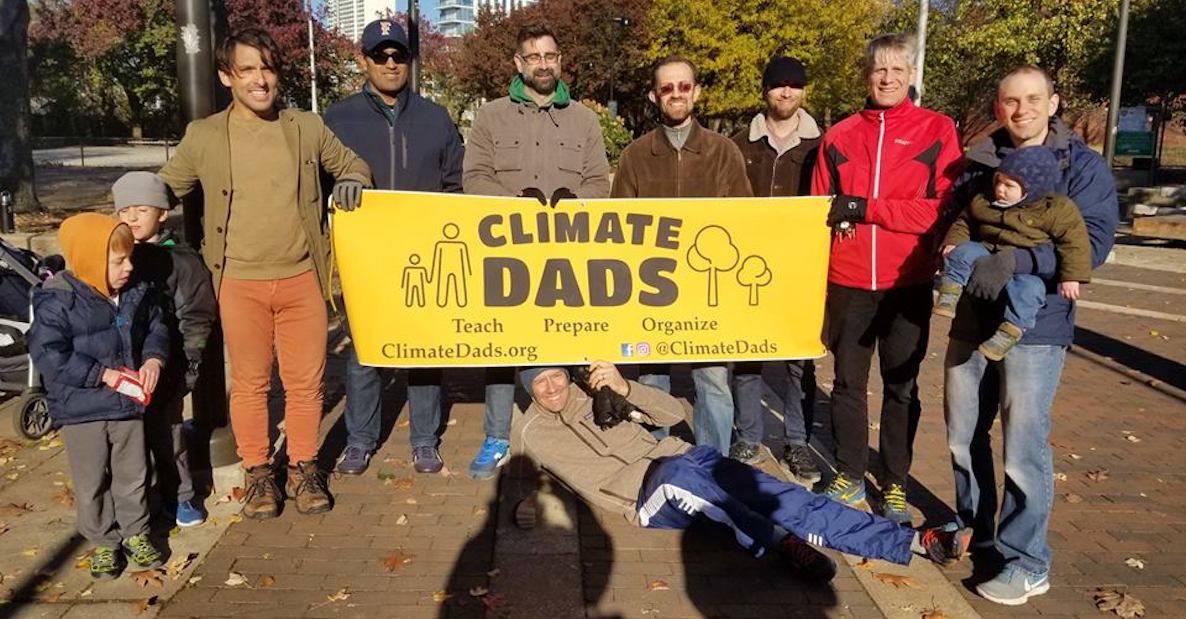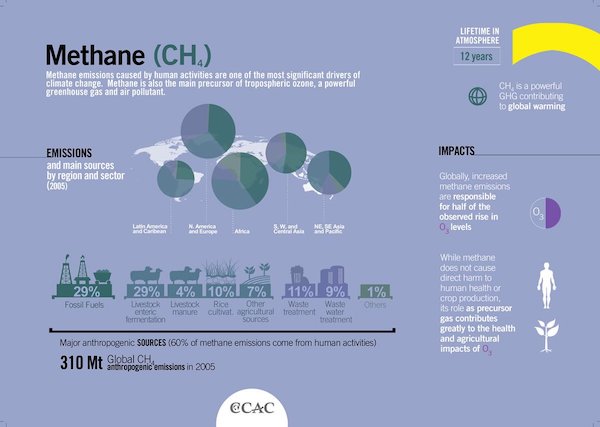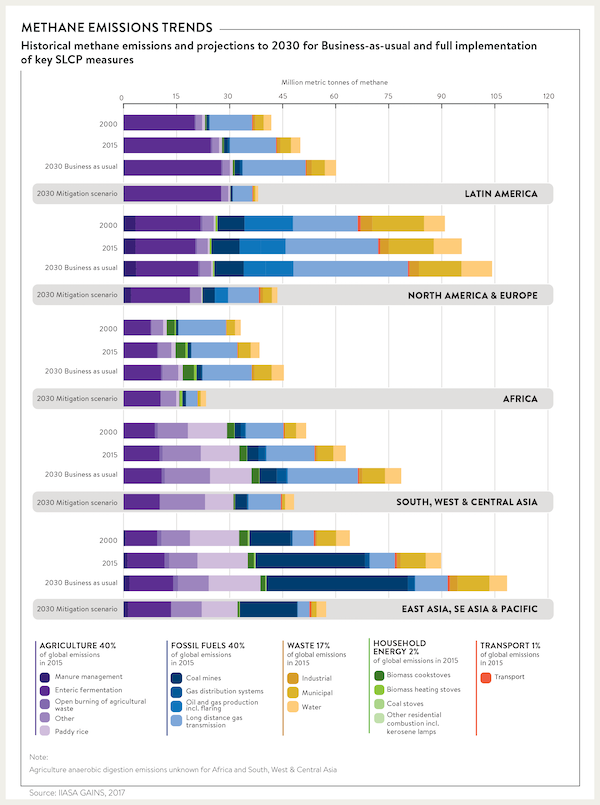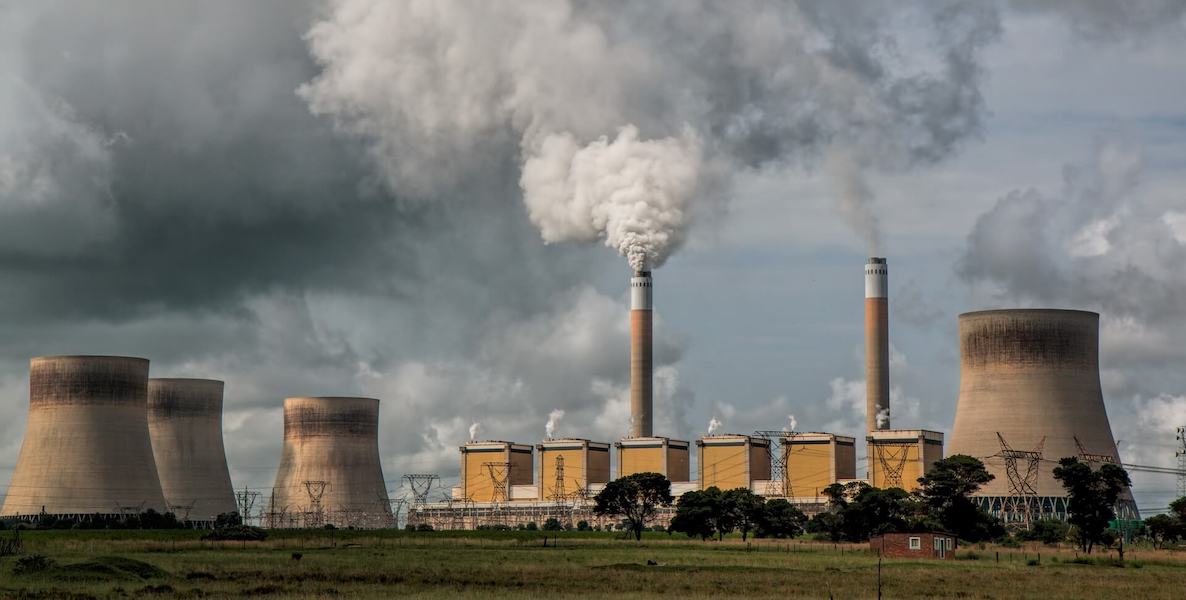The Environmental Protection Agency’s Administrator Andrew Wheeler wants to gut critical measures that reduce methane pollution from the oil and gas industry and help curb the climate crisis. Hundreds of thousands of people, including nine members of the Pennsylvania delegation to the U.S. House of Representatives and U.S. Senator Bob Casey, sent comments to the EPA during the 60-day-comment period expressing their opposition to this reckless rollback.
The truth is that methane emissions cause 25 percent of the impacts from the climate crisis seen today. Methane traps heat and is 87 times more potent as a greenhouse gas than carbon dioxide over the first 20 years after it’s released into our atmosphere. Warming temperatures and increased precipitation fueled by climate changing methane create ideal conditions for extreme weather to develop.
Remnants from major storms often drop millions of gallons of water in the form of rain and snow in our region, flooding creeks and rivers all across Pennsylvania that are not able to handle this amount of runoff. Many communities experience major damage and, sadly, some residents caught in the flooding have lost their lives.
The fact that a flood hasn’t happened in a certain area no longer guarantees that one will never happen. Many Pennsylvanians now find themselves living in new flood plains, and even the Federal Emergency Management Administration admits that over 20 percent of all flood insurance claims come from outside areas designated as “high-risk.”
A special report published by state Auditor General Eugene DePasquale revealed that in 2018 alone, floods and landslides were responsible for $125.7 million worth of damage to infrastructure in Pennsylvania. While most flooding occurs along smaller streams and creeks throughout Pennsylvania, Philadelphia is even more susceptible to the impacts of flooding caused by the climate crisis since its streams and creeks feed into tidal areas of the Delaware and Schuylkill rivers.
The auditor general’s report points to data presented to the city showing the potential for a rise in tidal areas of 20 inches by 2040. A change like this would have catastrophic effects on the region and threaten major infrastructure including the Philadelphia International Airport and the recently closed refinery in south and southwest Philadelphia.
As usual, the burden of paying for clean ups and property damage inflicted on homeowners who don’t have private flood coverage falls back on the taxpayer. Even communities who have approved stormwater infrastructure upgrades are not receiving any money from the Commonwealth since the Pennsylvania General Assembly has yet to allocate funding for infrastructure maintenance.
Municipalities are increasingly forcing property owners to foot the bill with new legislation. According to the report, funding for these critical improvements often comes in the form of fees imposed on homeowners, businesses, schools, and utility users.
Despite political opposition from both parties, environmentalists and even major oil companies like ExxonMobil, Shell and BP, the EPA is putting profits ahead of public health and safety. Fortunately, Pennsylvania’s Environmental Quality Board recently began the process of drafting its own rule to control Volatile Organic Chemical (VOC) emissions and cut methane from tens of thousands of existing sources in Pennsylvania. However, this rule, no matter how strong, ends at the state line.
Methane emissions must be regulated at the federal level to ensure the same rules are applied in each state. In addition, the oil and gas industry loses millions of dollars from methane leaks per year, and sees this as a cost of doing business in a billion dollar industry. This reckless rollback will expose Pennsylvanians to more pollution from out of state sources and threatens the rights of future generations to enjoy all the natural resources of the Commonwealth of Pennsylvania.
Joseph Otis Minott is the chief counsel and executive director at Clean Air Council
Photo courtesy Steve Buissinne / Pixabay



